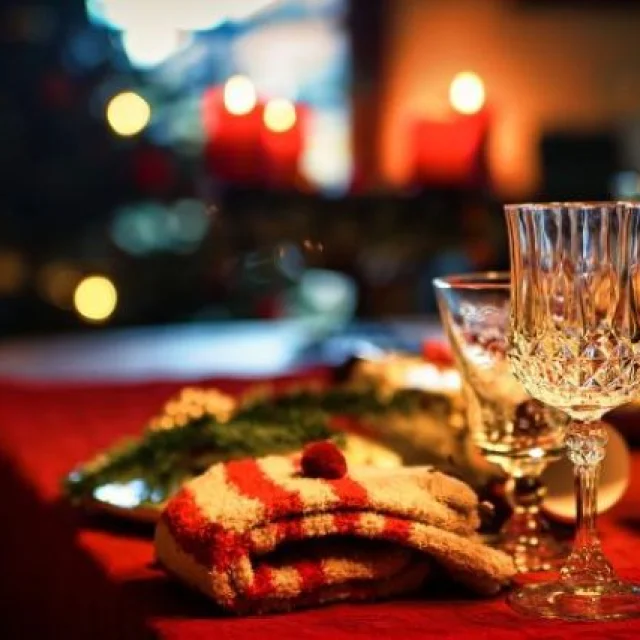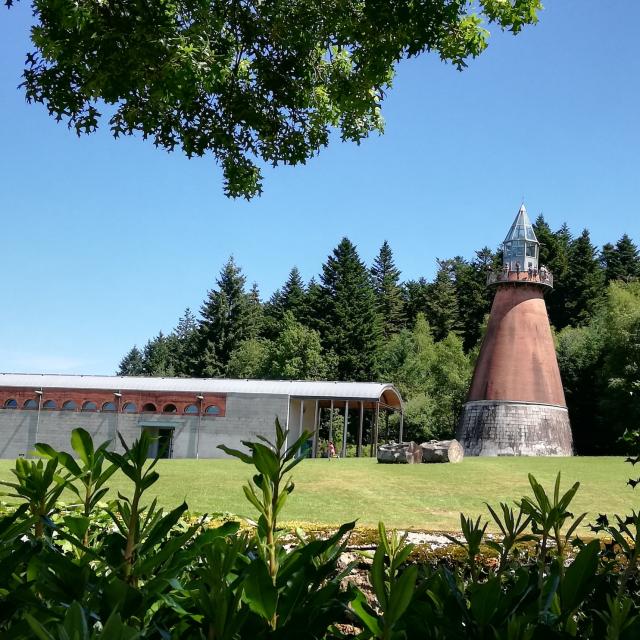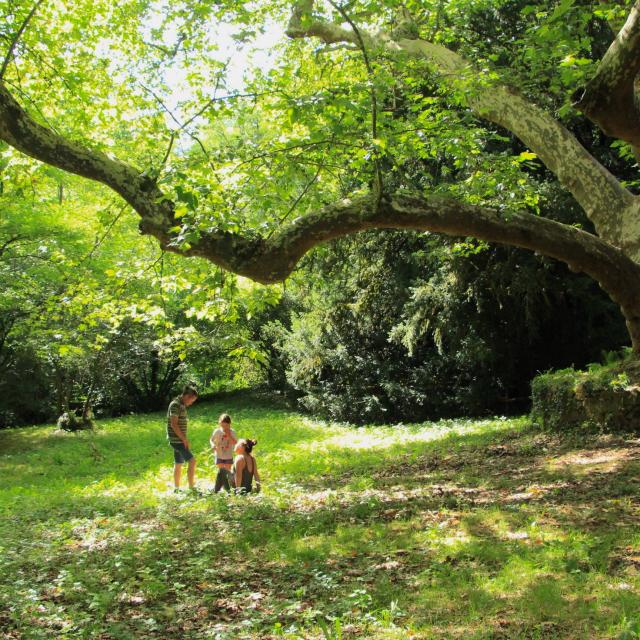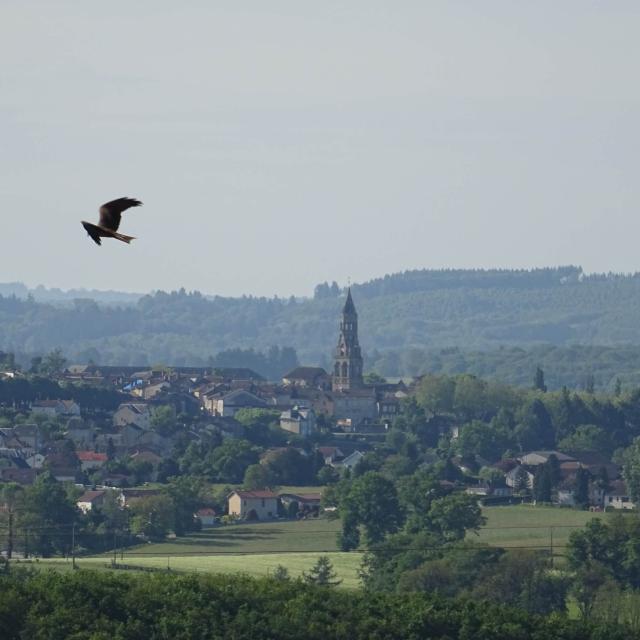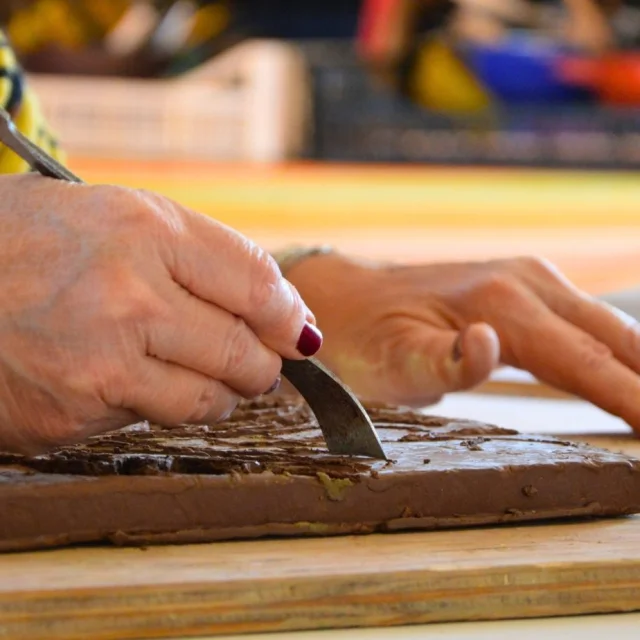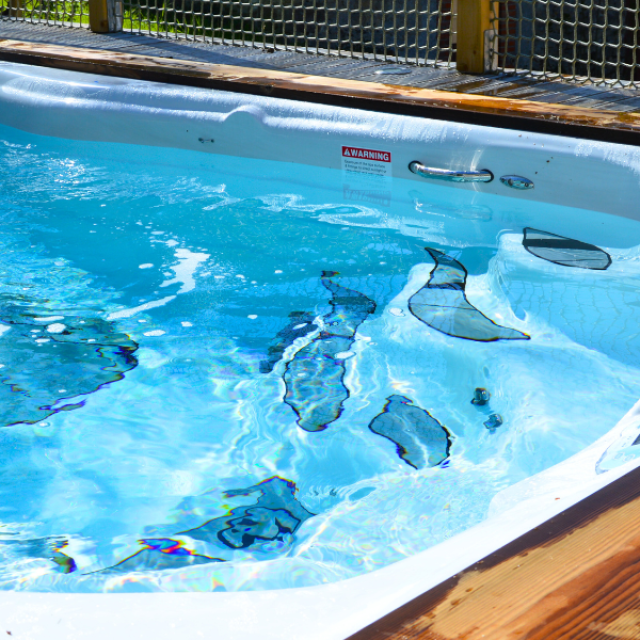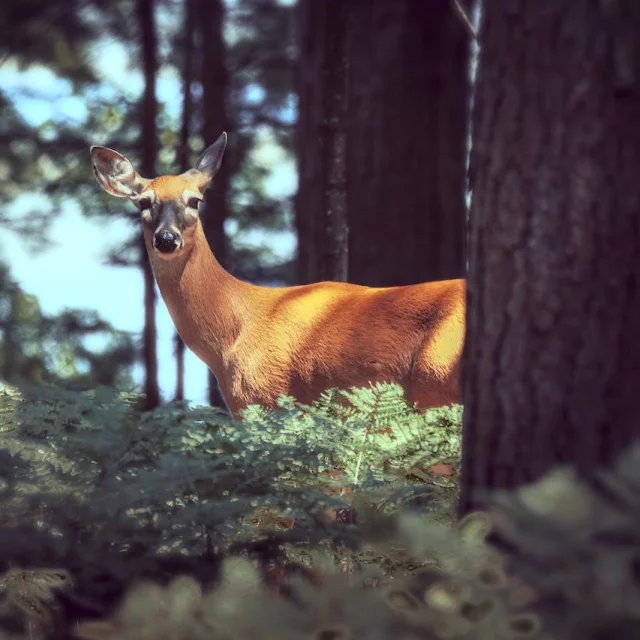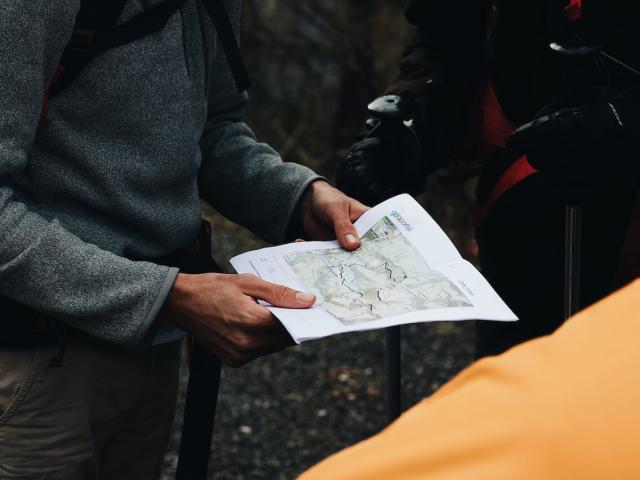 Preparer Sa Randonnee
Preparer Sa Randonnee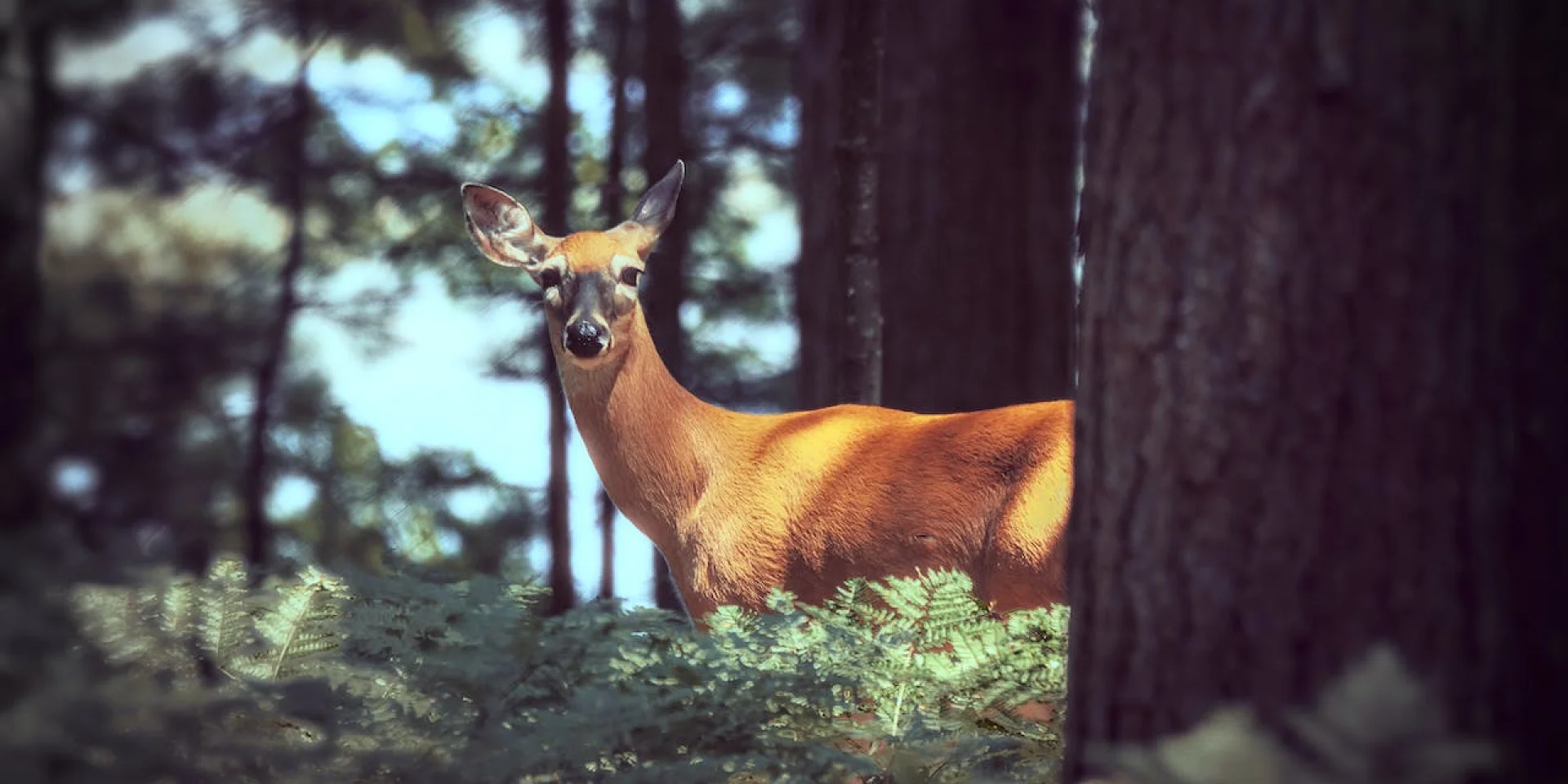 Rencontre Avec Une Biche Dans La Foret Lors Dune Randonnee
Rencontre Avec Une Biche Dans La Foret Lors Dune Randonnee Preparer Sa Randonnee
Preparer Sa Randonnee1. Preparing your trip
Each region and each hike has its own regulations and particularities that are important to know. The Haute-Vienne has 75 listed natural sites and 4 classified sites, 17 interpretation trails, and 2 regional nature parks: knowing their particularities means respecting them and getting the most out of your hike and all your nature outings!
2. Don't throw anything away
Here’s a simple basic principle for responsible hiking: Everything you bring on a hike should go back with you!
First of all, favour reusable objects for drinking and eating: water bottles, plates and cutlery. Next, always take a bag with you to store your rubbish when you’re out hiking. This also applies to biodegradable waste such as unprocessed food waste (fruit and vegetable peelings), as well as toilet paper!
You can even take the opportunity to “plog”, i.e. collect the rubbish you come across on your hiking route and sort it on your return home. Looking for an extra incentive to get out and about? Your goal: fill a bag with rubbish found along the way!
🌳 For biodegradable waste that is difficult to transport (if you need to relieve yourself, for example): take a shovel or a pebble and dig a hole at least 50 metres from a river, about 20 centimetres deep, without forgetting to cover it up afterwards.
Leaving your rubbish on the ground carries many risks: it can attract animals to places where they shouldn’t be, make them sick and also have a negative impact on the flora. Leaving your rubbish behind, and sometimes that of others, is a simple and logical way to hike responsibly.
💧 Water is precious, so be careful not to pollute rivers. If you must use soap, take biodegradable soap. Compact bottles for washing up and washing your clothes mean you don’t have to carry too much in your bag. In winter, throwing rubbish in the snow can make it stinky and unhealthy when it melts. Every item you leave in nature has an impact.
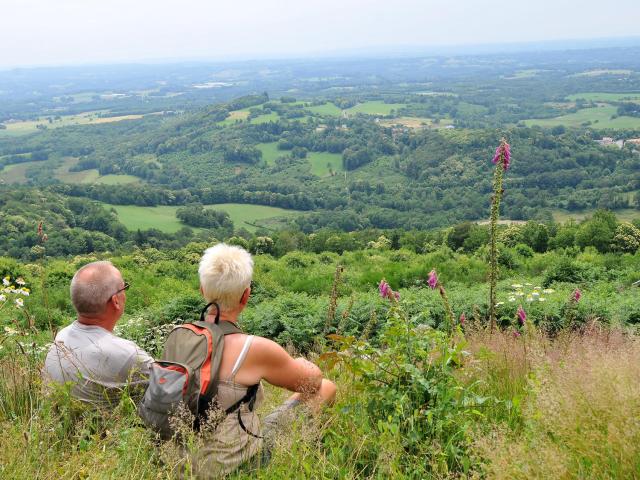 Couple Randonneur
Couple Randonneur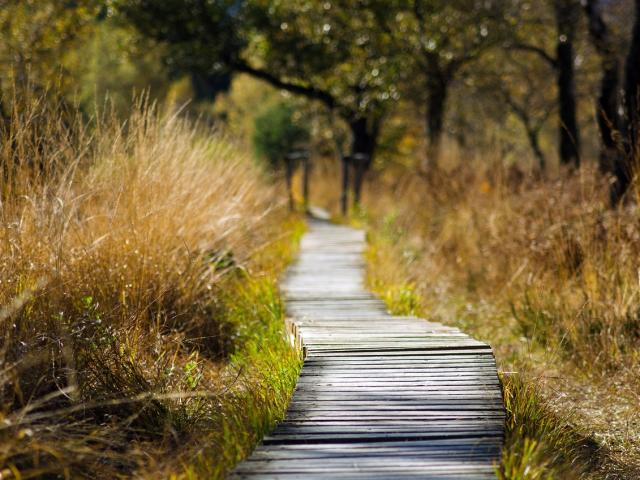 Sentier De Randonnee En Bois
Sentier De Randonnee En Bois3. Stay on the marked paths
In nature, only the path is man’s territory! By walking off the marked paths and tracks, you are trampling on and endangering the flora and fauna already weakened by human presence.
The network of hiking trails has become considerably denser in recent years and the number of people using them is constantly increasing. As you can imagine, the passage of thousands of shoes along the paths impacts the vegetation and contributes to soil erosion. Favouring less-frequented trails or periods when there are fewer people out hiking is also what eco-responsible hiking is all about.
On the trails, you’ll regularly see small wildlife, such as insects. Pay attention to them too, as they play a crucial and vital role in nature (pollinators, decomposers). Make sure you and your children are aware of their importance, it will make hiking and your nature outings more fun by observing the many bugs that live around us!
4. Do not pick
Who can miss the wonders of nature’s flora without being amazed? Haute-Vienne is bursting with flora worth protecting! Have fun admiring or photographing these natural beauties in their environment. In addition to the trampling mentioned above, the picking of protected plant species is another practice that endangers the natural ecosystem. What will be left if every hiker who passes picks a bunch of flowers?
Make hiking even more fun by learning to recognise the flora and fauna in their natural environment instead.
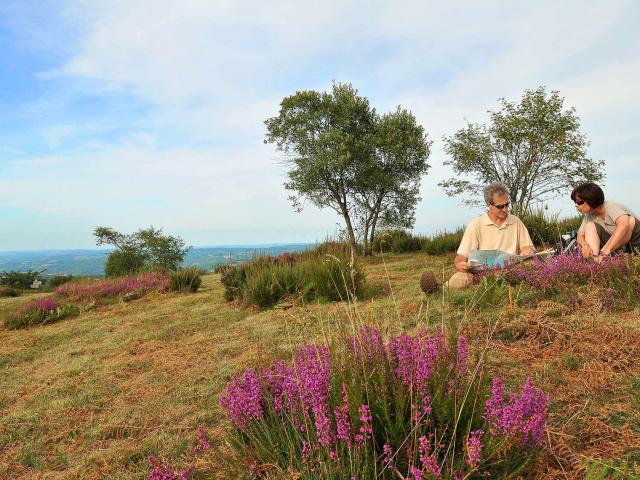 Mont Gargan Randonneurs 3104
Mont Gargan Randonneurs 3104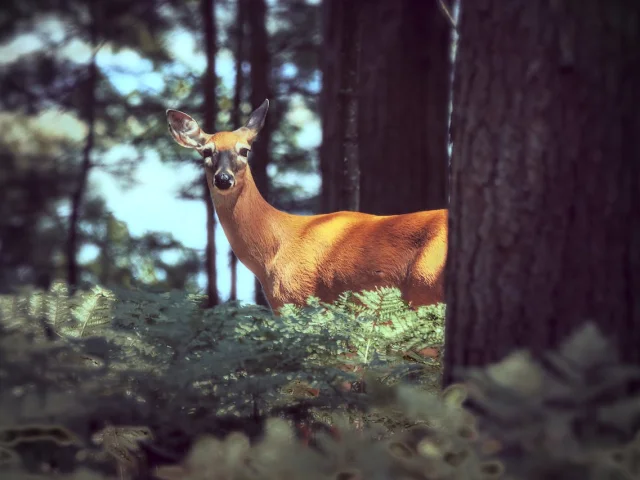 Rencontre Avec Une Biche Dans La Foret Lors Dune Randonnee
Rencontre Avec Une Biche Dans La Foret Lors Dune Randonnee5. Respecting wildlife
Always keep your distance from wildlife. Do not try to touch them or feed them, as this alters their behaviour and their ability to survive without humans and therefore puts them at risk from predators.
As a general rule, if you are hiking with your dog, keep it on a lead. It is effectively perceived as a predator by wild animals, and it could frighten them by its mere presence.
6. Be discreet and respectful
Out of respect for other hikers and for wild animals,keep a low profile. Firstly, because if you make too much noise, you will have little chance of spotting wild animals, but also because an animal frightened by noise (screams, drone, dog, music etc.
We all go hiking to enjoy a moment in nature so let’s learn to share the space and be courteous to each other: pedestrians, cyclists, horse riders…
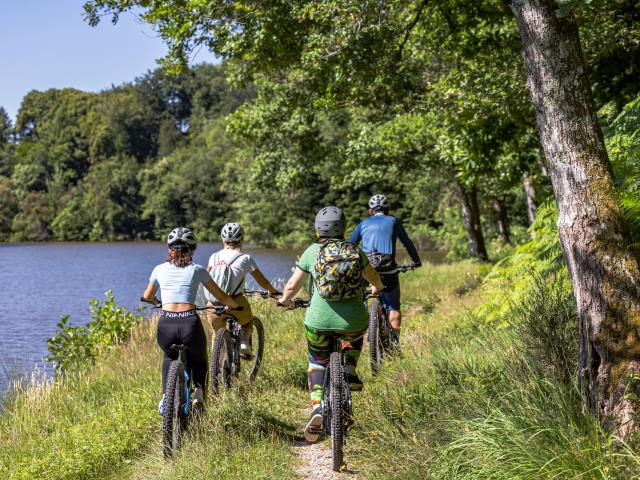 Randonnée à vélo
Randonnée à vélo
